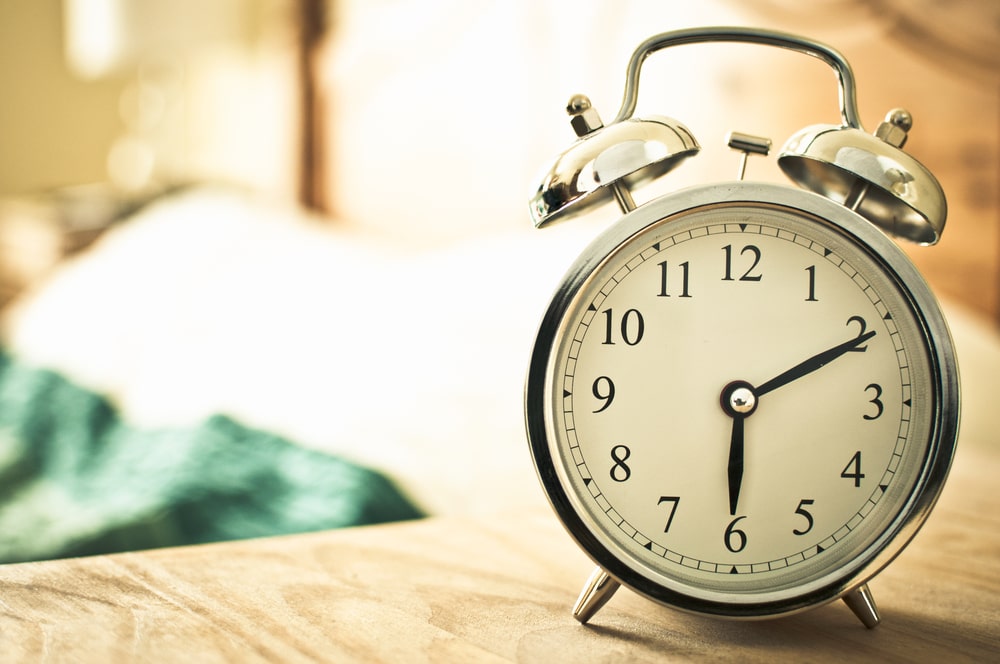“The best bridge between despair and hope is a good night’s sleep.” – E. Joseph Cossman
Sleep is essential for human beings. Without it, our minds and bodies quickly begin to show the negative effects of sleeplessness. Times of grief are especially difficult. The word “bereaved” means “to be torn apart,” which is an appropriate description for how we feel internally when we lose someone we love. Because grief is a struggle, we must take care of our bodies to ensure that we have the energy for the coming grief journey.
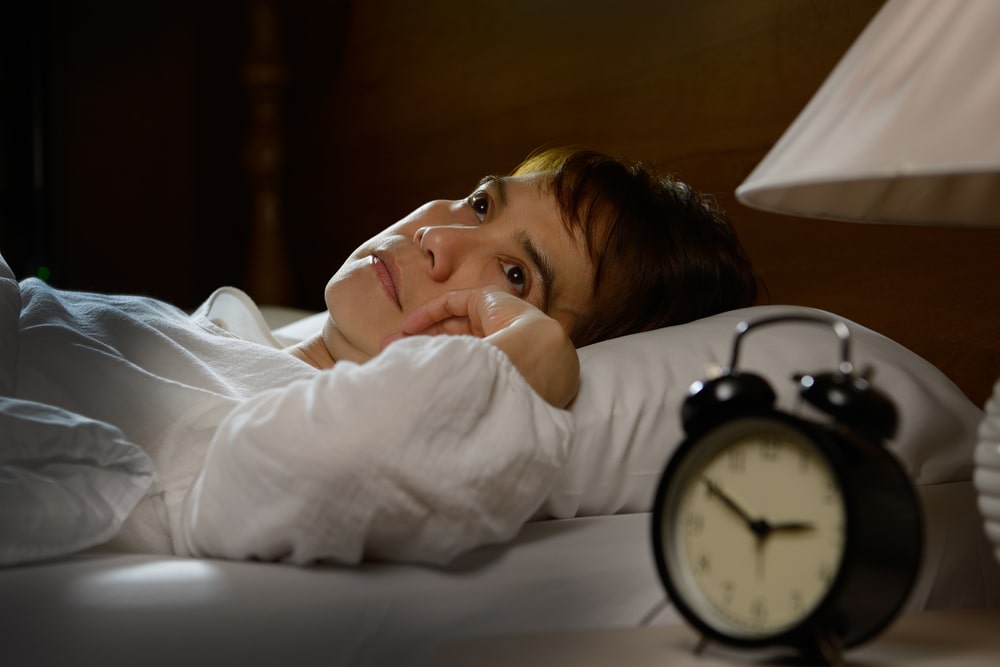
Dr. Alan Wolfelt, a nationally respected grief expert, counselor, and author, puts it this way: “Good self-care is important at this time. Your body is the house you live in. Just as your house requires care and maintenance to protect you from the outside elements, your body requires that you honor it and treat it with respect. The quality of your life ahead depends on how you take care of your body today. The ‘lethargy of grief’ you are probably experiencing is a natural mechanism intended to slow you down and encourage you to care for your body.”
Grief is Hard on the Body
Grief doesn’t just affect our minds or our emotions; it takes a toll on our bodies. Physical symptoms differ from person to person, but one of the most common physical experience is a disruption to sleep habits. This may mean that you have trouble falling asleep or that you fall asleep easily enough but wake up in the middle of the night and then can’t get back to sleep.
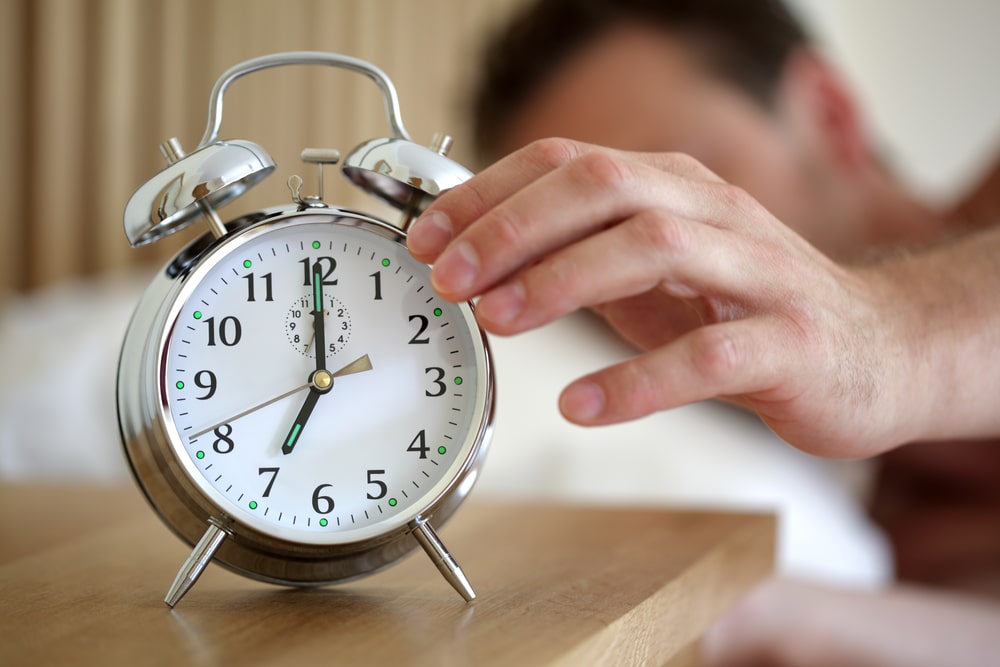
Just like we need sleep when recovering from illness, we need sleep when recovering from the physical and emotional strain associated with losing someone we love. A few reasons why you might experience difficulty sleeping while you are grieving:
- Intrusive thoughts
- Stress, worries, anxiety
- Bad dreams or anxiety about having bad dreams
- Trouble sleeping in the bed (for those who have lost a partner)
- Other disorders like depression, insomnia, or PTSD
Oftentimes, questions plague us. Could I have done more? What if we’d sought treatment sooner? Should I have seen that this was going to happen? What comes next? How am I going to work and take care of my family? And so on.
The Importance of Sleep
If you are grieving, and you don’t get enough rest, then it’s even harder to deal with the complicated feelings associated with grief. You may be more easily overwhelmed, feel more irritated, get angry more quickly, become hostile or depressed, feel hungrier than is usual, and generally feel less friendly. On top of that, your immune response is weaker, which leaves you more susceptible to illness.
So, what happens when you don’t get the recommended 7-8 hours of sleep each day?
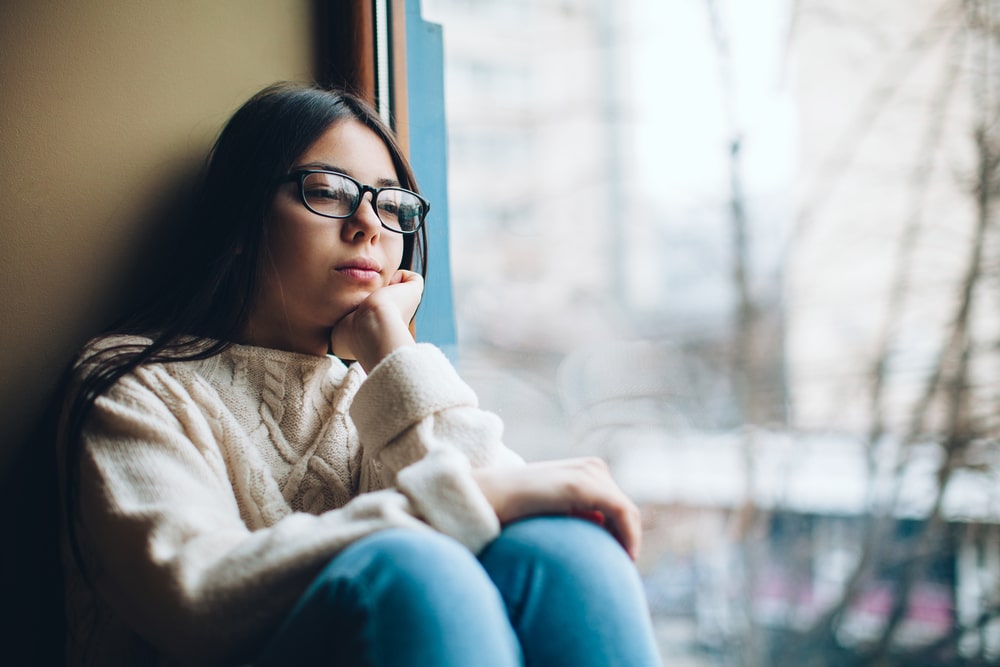
The science is a bit staggering and alarming. According to research, long-term sleeplessness can lead to accelerated aging, decreased bone density, and an increased risk of stroke, obesity, heart disease, and cancer. Sleep is incredibly important to our overall health and well-being in addition to being essential to healthy grieving.
Now that you know, what’s next?
6 Tried & True Tips
Create the ideal sleeping environment

Our bodies and minds need time to unwind before we can fall into a deep, restful sleep. The ideal environment is going to vary from person to person, but a few tips from the experts are:
- Block out as much light as possible (use an eye mask, if necessary)
- Leave your phone in another room and refrain from using it for at least 60 minutes before sleep
- Keep the room cool (60-68 degrees) – we sleep better at cooler temperatures
- Consider adding a white noise device (to block out sudden changes in sound or city noises)
- Make sure your bed is comfortable – good mattress, pillows, blankets, etc.
- Avoid doing anything stimulating, frustrating, or anxiety-inducing just before bed (or in your bedroom in general; you want the bedroom to be associated with peace and rest)
- If you have lost your partner, you might rearrange your room, get a new bed, sleep in a different room, or get a body pillow to help with sleeping
Set a nighttime routine
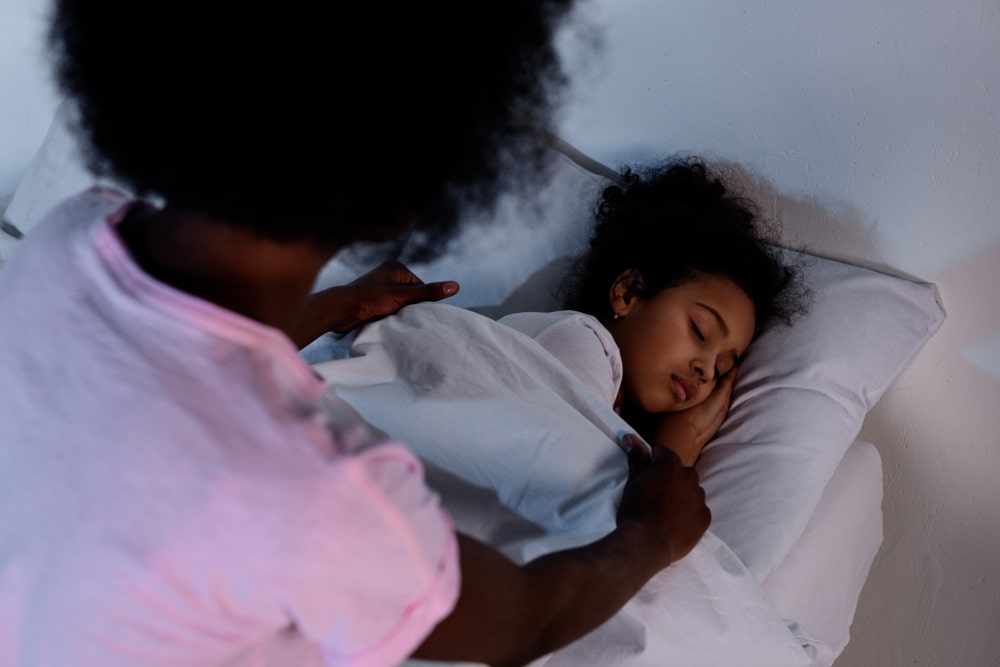
Grief throws our lives and routines off balance, which is why we need to re-establish them to help with our rest. Routines give us a sense of peace and calm. We know what’s coming, and we enjoy the comfort of regularity. So, determine what the best routine is for you. Perhaps you dim the lights an hour before bed, read, snuggle with a furry friend, journal, or listen to soothing music. Find what best fits you but make sure that it is a relaxing, non-stimulating activity.
Stick to a regular sleeping and waking time. And if you haven’t fallen asleep after 20 minutes or so, get up. Read, meditate, work a puzzle – choose a relaxing activity. You could even practice breathing exercises to calm your mind and lull you to sleep. However, make sure you don’t turn on the tv or look at your phone. Research shows that the artificial light from screens actually reduces your melatonin production, which then affects your sleep.
Avoid caffeine and alcohol in the evening

We all know that caffeine is a stimulant, and if you’re trying to sleep, it’s best not to have it in your system. It takes 3-5 hours for your body to eliminate just half of the caffeine you consumed. One study even found that consuming caffeine within six hours of bedtime reduces your total rest time by one full hour.
And alcohol, while it does help you relax, actually suppresses melatonin, a key component to restful sleep. Research shows that drinking a moderate amount of alcohol an hour before sleeping will reduce melatonin production by almost 20 percent. To read more about the negative effects of alcohol on sleep, click here.
Avoid naps as much as possible
If you are already having trouble sleeping, a nap can really throw things off and mess up your established routine. Instead, stay awake until a decent hour and then fall into bed. Think of it like jet lag. When you are jet-lagged, you stay awake as long as you can so that the next morning, you can rise with the correct time zone. In some cases, especially early on in the grief journey, it’s important to take naps, but when the naps begin to interfere with your nightly rest, change is needed.
Engage in some form of exercise

Did you know that regular exercise improves sleep? The research shows that it does. Exercise reduces stress and improves mood, which is important while you are grieving. Studies have even found that daytime physical activity may trigger a longer period of slow-wave sleep, which is considered the deepest and most restorative stage.
If you already participated in a regular exercise routine before the death of your loved one, try to continue. If you did not practice a lifestyle of exercise, start out small. Take a walk, ride a bike, or pick up some small hand weights. Even moderate daily exercise can help you sleep better and improve your outlook on life.
Don’t be afraid to get help
Perhaps you’ve already tried all of these tips, and nothing has worked. Don’t be afraid to make an appointment with your doctor. They may have other resources available to you that will help. Deep, restful sleep is critical to rejuvenating your body throughout the grief process. But in addition to that, sleep is necessary for you to live a healthy life, physically, mentally, and emotionally.

